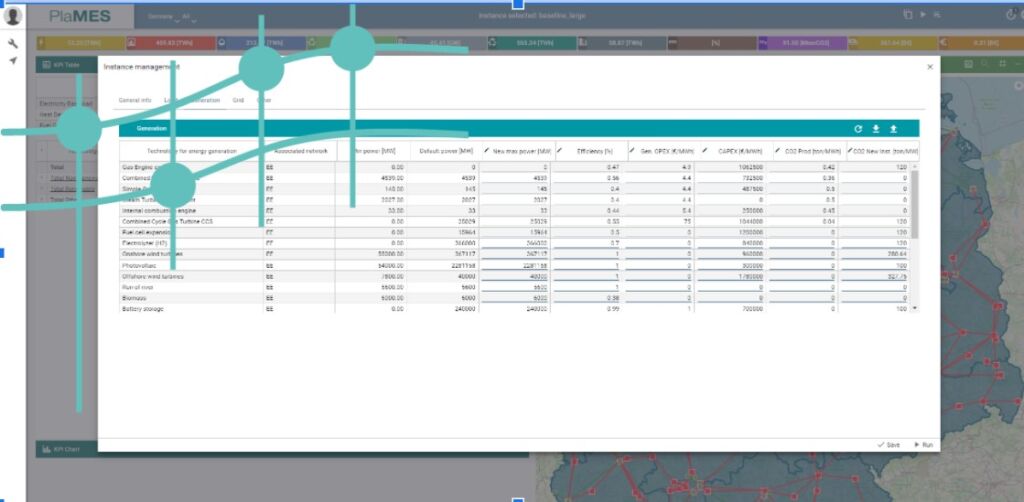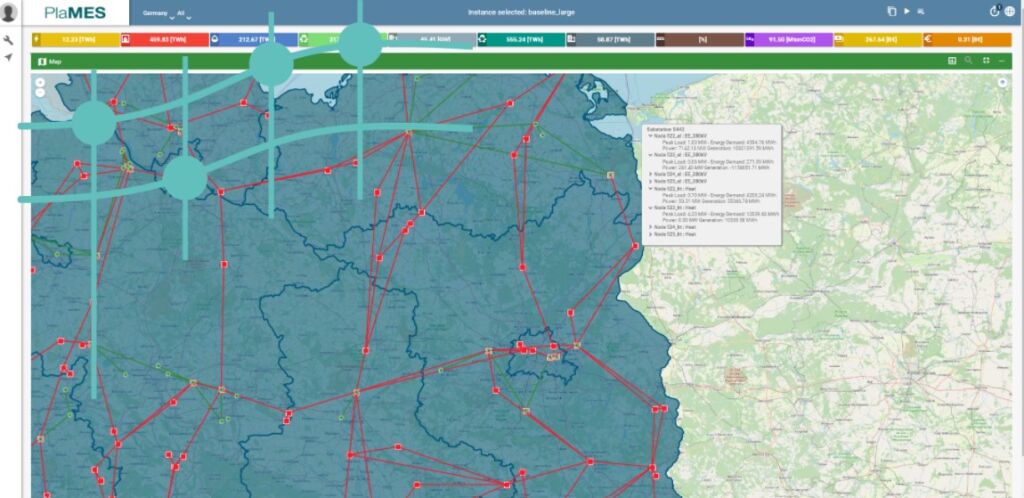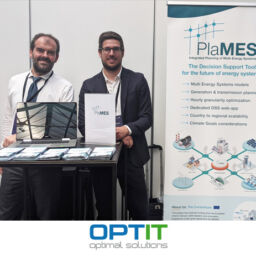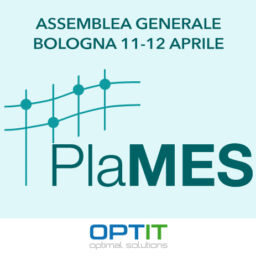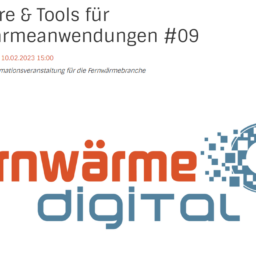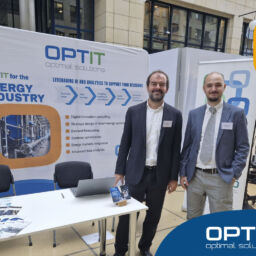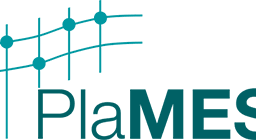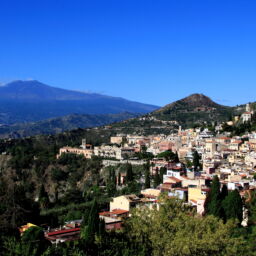The PlaMES tool will be modularly developed as a Decision Support System (DSS). It will allow governments, from the regional to the EU level, together with transmission and distribution system operators (TSOs and DSOs) and multi-utilities, to better plan the development of integrated energy infrastructures in order to ensure more reliable and effective, generation, transmission and distribution of electricity, taking into account the demand for thermo / refrigeration consumption, the impact of electric mobility and interactions with the natural gas system.
PlaMES is a project funded by the European Union and directed by Rheinisch-Westfaelische Technische Hochschule Aachen (Germany) in collaboration with the University of Bologna, OPTIT and Osmangazi Elektrik Dagitim Anonim Sirketi (Turkey). Optit is developing the DSS of the project.
After months of hard work, the PlaMES application begins to take its final form. Optit has released the first beta version of the application to the project partners. The German territory is currently being tested, for which data on loads, opportunities for generation from renewable sources and constraints have been entered.
In a few months, when the test phase will be completed, it will be possible to release a tool capable of generating and navigating optimized scenarios of multi-energy energy systems with a simple and intuitive interface. The tool allows the control of numerous parameters relating to electrical and thermal demand, the management of various generation technologies, from wind turbines to thermal storage up to fuel cells. At the same time, it is possible to manage various optimization constraints such as the maximum level of emissions allowed each year, gas consumption or technological limits.
Ultimately PlaMES will provide energy market operators and regulators with opportunities for the design and analysis of future energy systems to support the energy transition and decarbonisation processes.
